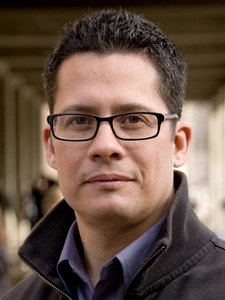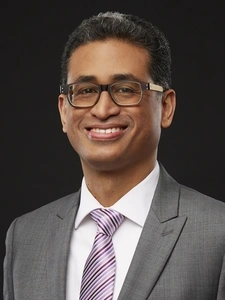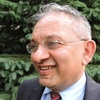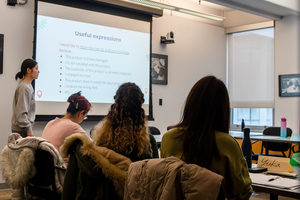Overview
The Education, Culture, and Society, Ph.D. (ECS) program immerses students in a dynamic professional academic community through research apprenticeships, coursework, seminars, cross-cohort collaborations, and research group participation.
This program examines the underlying assumptions about human nature and society that shape both popular and academic understandings of education. By challenging these assumptions, students gain deeper insights into educational problems and prospects.
ECS provides the essential tools to facilitate such interrogation, including:
- A strong foundation in social theories that conceptualize the human world.
- An understanding of theories and methods from academic disciplines such as anthropology, history, philosophy, political economy, and sociology.
- Exposure to ways of life practiced in other parts of the world and the impact of cultural and social change.
- Practice with ethnography and other methods that allow researchers to discover others’ categories and practices instead of imposing their own.
Individualized Program of Study
Students have the flexibility to design an individualized program of study, drawing on elective courses from across the University of Pennsylvania. With faculty approval, they can explore a wide range of disciplines—including Sociology, Law, Anthropology, Public Administration, Political Science, Social Work, Non-profit Leadership, History, Urban Studies, Philosophy, and Linguistics—to enrich their academic and professional perspectives. This customizable approach fosters a multidimensional learning experience and prepares students to be thoughtful, informed scholars in a complex world.
Joint-Degree Options
Penn GSE's ECS program has partnership across the University of Pennsylvania that allow students to pursue joint Ph.D. degree opportunities in fields like Anthropology, Sociology, Political Science, Africana Studies, or History, fostering interdisciplinary perspectives and expanding research collaborations. This flexible and collaborative approach empowers Ph.D. students to explore cross-disciplinary connections, broaden their academic horizons, and develop a well-rounded scholarly profile. Learn more about Joint-Degree options.
Doctoral students pursuing a joint doctoral study with the ECS program and Penn’s Department of History may be eligible to extend their funding through the Berkowitz Fellowship in History of Education. Interested candidates should contact Professor Jonathan Zimmerman at zimmj@upenn.edu for details.
Take the Next Step
Application Requirements and Deadlines
Tuition and Fees
Ph.D. Funding

































